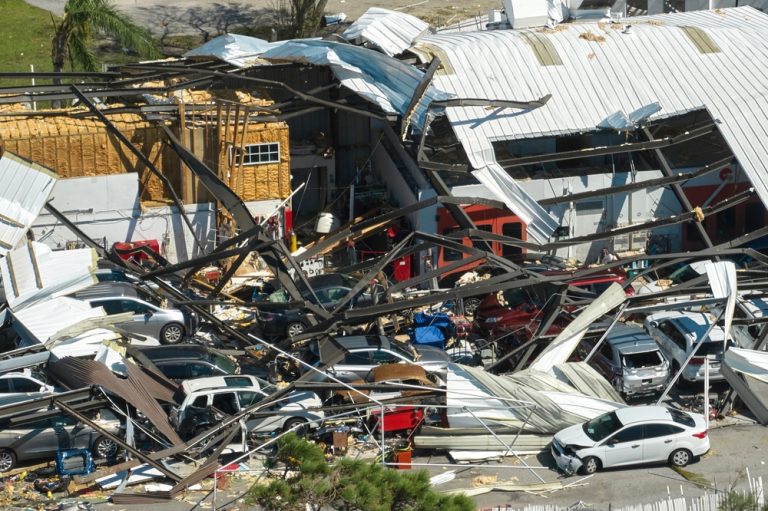Safeguarding Against Litigation for Property Management Companies
Safeguarding Against Litigation for Property Management Companies
Now that the economy is improving, owners of apartment properties are beginning to invest more in construction and renovation projects. Thus, we can expect an increase in lawsuits in stemming from contractor-related negligence.
If a tenant is injured on property during construction or renovations, who is liable?
The management company is ultimately liable because it has a non-delegable duty to make the property safe.
Is the contractor held responsible at all?
Yes. But the injured person has the option to sue the management company for 100% of the damages. The management company then has two options. It can join the contractor to the lawsuit or it can defend the case and file a separate suit against the contractor later.
What steps can a management company take to avoid potential safety problems and resulting litigation?
A management company can take simple steps at the beginning of the project to avoid future problems. Good record-keeping goes a long way. Keep notes on the steps you take to research the contractor, including notes pertaining to any references you called. Then store these records in a place where they are can be accessed years down the road. (A personal injury plaintiff has four years after the date of the accident to file a lawsuit). Also, make sure you have a good contract in place. In the contract, the contractor should acknowledge responsibility for any negligent acts he commits during the course of the work.
What about notifying the tenants of the work to be done. Is a flyer enough notice? How detailed does it need to be?
A flyer often is the best way to alert tenants to work done on premises. Unfortunately, many management companies fail to keep a copy of the flyer. The flyer should be kept in the same place as the contractor research, so that it is accessible years later. In addition, the closer the tenant will be to the work, the more detailed the flyer should be.
Should the management company play an active role in supervising the actual construction work?
No. The contractor is the professional and you are relying on his expertise. However, you should keep tabs on the progress of the work. You should inspect the work site each day to ensure tools and equipment are put away, the area is cordoned-off as appropriate, etc.
What if the contractor asks to borrow tools, equipment or management personnel to help?
Politely decline. If an injury results from the contractor’s work, you do not want the injured person and the contractor to blame your faulty tool or negligent employee.










